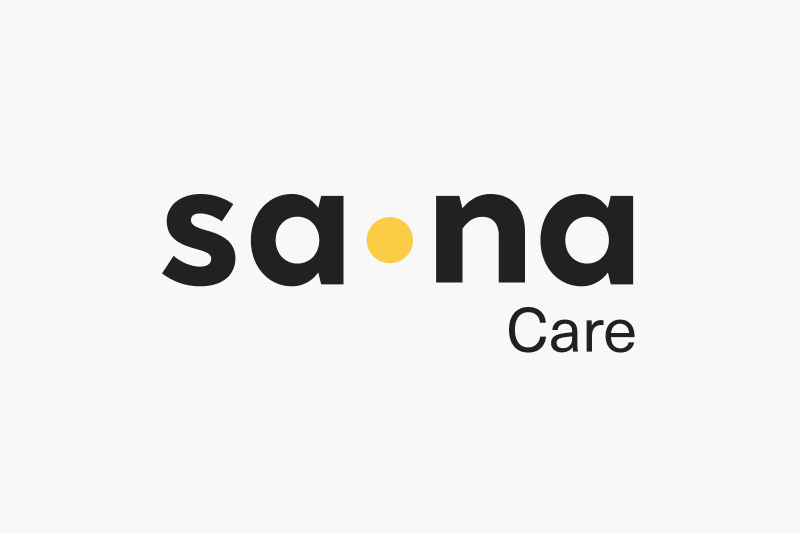Which one’s best: HSA or FSA for small business owners?

Related: What Can Small Business Owners Do for Health Insurance?
HSA vs. FSA for small business owners: Basic definitions
Comparing HSA vs. FSA for small business owners may be a productive exercise to enrich health plan offerings for your employees. You and your team can save money with both of these options, but before signing up for one, be sure you understand how they work.
In short, these accounts are ways to hold money to specifically cover health-related expenses such as prescriptions, deductibles, copays, and coinsurance. They’re a great way for your employees to save some money.
Flexible Spending Account (FSA)
According to Healthcare.gov, an FSA is “An arrangement through your employer that lets you pay for many out-of-pocket medical expenses with tax-free dollars. Allowed expenses include insurance copayments and deductibles, qualified prescription drugs, insulin, and medical devices.”
Under the FSAs, using all the money every year is a must. FSA accounts are limited in terms of how much money they can accumulate. If an employee does not use the funds in the FSA account within the benefit year, they lose them and they return to your company.
Health Savings Account (HSA)
An HSA is “A type of savings account that lets you set aside money on a pre-tax basis to pay for qualified medical expenses. By using untaxed dollars in a Health Savings Account (HSA) to pay for deductibles, copayments, coinsurance, and some other expenses, you may be able to lower your overall healthcare costs. HSA funds generally may not be used to pay premiums.”
There is a fundamental prerequisite to implementing HSAs: You and your employees will only be able to contribute to HSAs if you offer health plans with a high deductible (HDHP) or plans that cover only preventive services before meeting the deductible. Another characteristic to consider is that HSA funds will roll over year after year -they will never be lost.
Now let’s examine in greater detail whether an HSA or FSA is best for your small business.
Why do small business owners look for FSAs?
As reported in a recent guide, there are a few reasons to get FSAs for small business owners:
- Your company may be looking for ways to maximize tax savings.
- You want to reduce the impact of an increase in cost-sharing with your employees.
- You are seeking to categorize administrative costs as operating expenses.
FSA pros:
The process of setting up an FSA is relatively easy since you can make the arrangement based on most insurance plans. In general, if you provide comprehensive health insurance with a low deductible, you may establish an FSA with no significant complications.
An FSA offers tax savings and helps your employees plan their budget for medical expenses in advance. Therefore, it may be a good option if your employees are not eligible for a health savings account.
FSA cons:
Even though you own the account, you cannot increase the balance of an FSA in the long run. Also, your employees may lose any leftover funds if they don’t use them at the end of the year. When a worker changes jobs, they can lose their FSA as well, and the funds will return to you.
Related: How to find the best small business benefits provider
Why do small business owners look for HSAs?
In general, HSAs provide greater flexibility. You do have to buy an HDHP, however, and not everyone is fond of paying a high deductible or saving a fixed amount every month in a disciplined way.
HSA pros:
Tax reductions and long-term savings are two advantages of an HSA. Any unused funds will roll over to the following year and accumulate as available funds.
When you provide HDHP insurance coverage, including an HSA as an option could be a great way to convince your employees to enroll. In most cases, high-deductible health insurance is less expensive for your company because you do not have to pay as much in premiums. Even increasing employer contributions to your employees’ HSAs can result in a net benefit to your company’s budget in the end.
There are also noticeable benefits of HSAs for your staff. Compared to an FSA for small business owners, an HSA will let your employees keep any remaining funds if they don’t spend them by the end of the year. They will also carry the account with them if they ever decide to change employers.
HSA cons:
The most relevant disadvantage is the main prerequisite mentioned above. In short, even if you have health coverage available to your employees, they will still not be able to contribute to an HSA if the plan your company offers is not a high deductible health plan.
At this point, another question may arise: Can your company offer HSA and FSA simultaneously? This scenario is only possible if your business provides both HDHP and regular insurance options. Employees may be able to sign up for both depending on their individual situation.
Which option is the best for my small business?
Providing your employees with comprehensive health insurance coverage, whether you are a human resources manager, small business owner, or startup founder, will positively impact your bottom line. By implementing the best health plans and fostering a supportive culture, your business will improve its employment metrics and overall competitiveness. Also, setting up any form of medical savings account is likely to save you a considerable amount of tax money on a yearly basis.
Throughout this guide, we have discussed why HSAs offer certain tax advantages and the ability to roll over unused funds to HDHPs. However, these medical expenses accounts may not always be the ideal solution, mainly if your employees are not overall healthy and expect to have high healthcare costs. So, be on the look not only for what adapts best to your business but also to your staff.
Staying on top of the Internal Revenue Service’s (IRS) updates on tax-favored health plans and partnering with a modern insurance provider may let you obtain information and guidance from the get-go.
Sana offers affordable benefits, transparent pricing, and flexible plans to meet every small business’s health benefits needs. Among other options, we offer PPO Plus HSA (H and HD) plans that are perfect for budget-conscious employers who are looking to cover preventative care, provide employees with HSA access, and motivate their staff to stay healthy.
Compared to Sana’s PPO Plus plans, the premiums and deductibles for the PPO Plus HSA are lower. Medical expenses are covered up to the deductible. Upon achieving their deductibles, members must pay coinsurance or copays until they reach their out-of-pocket maximum. From this point forward, the plan will cover 100% of expenses.
Candidates who only see physicians occasionally and wish to pay less for premiums, while also covering all of their medical bills out-of-pocket with a pre-tax health savings account, may find a Sana PPO Plus HSA plan advantageous.
Visit Sana’s website to learn more about its HSA-eligible plans, and request a quote today.






